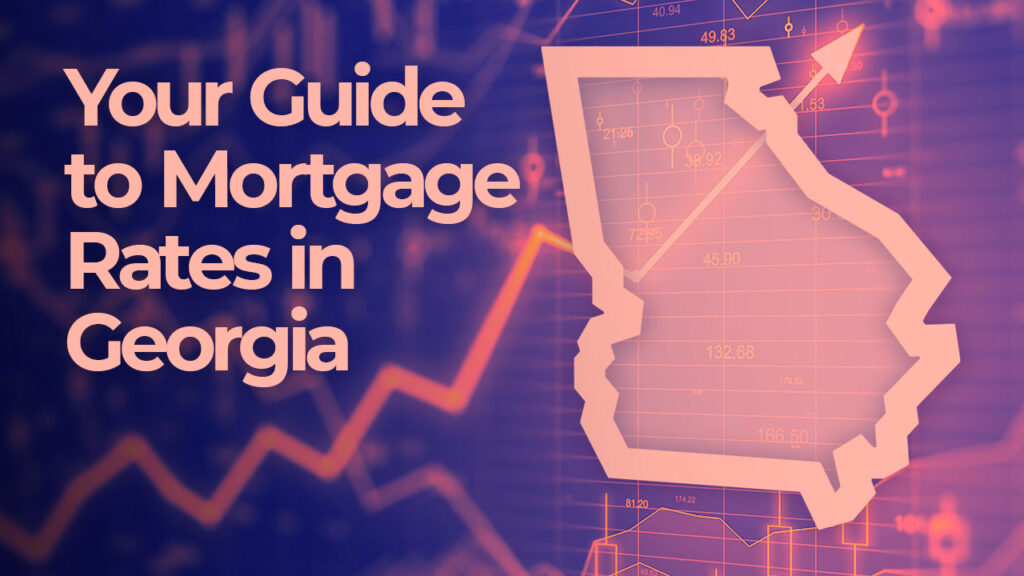Understanding small personal loans can be key to managing your finances effectively. This guide will walk you through everything you need to know about these loans in the US.
What is a Small Personal Loan?
A small personal loan is a relatively small amount of money borrowed from a lender, typically a bank or credit union, for personal use. The amount can vary, but generally falls below a certain threshold (often around $10,000-$25,000, though this can change based on the lender). Unlike secured loans, they usually don’t require collateral.
Who Offers Small Personal Loans?
Many institutions offer small personal loans, including banks, credit unions, online lenders, and even some peer-to-peer lending platforms. Each will have its own criteria and interest rates. Choosing the right lender is a crucial step.
How Do Small Personal Loans Work?
The process typically involves applying online or in person, providing financial information, and undergoing a credit check. Once approved, the funds are disbursed to your account. You then repay the loan over an agreed-upon period, typically in monthly installments. 
What are Small Personal Loans Used For?
These loans are incredibly versatile! They can be used for a variety of purposes, including debt consolidation, home improvements, medical expenses, or even unexpected car repairs. Check out this resource for more ideas.
How Much Can I Borrow?
The amount you can borrow depends on your credit score, income, and the lender’s policies. It’s a good idea to compare loan offers to find the best deal.
What is the Interest Rate?
Interest rates on small personal loans vary greatly based on your creditworthiness and the lender. Generally, those with higher credit scores will receive more favorable rates. 
What is the Loan Term?
Loan terms also vary, ranging from a few months to several years. Shorter terms mean quicker repayment but higher monthly payments; longer terms mean lower monthly payments but higher overall interest paid.
Credit Check Requirements
Most lenders will perform a credit check as part of the application process. A good credit score significantly improves your chances of approval and can lead to better interest rates. Consider checking your credit report beforehand.
Application Process
The application process typically involves filling out an online or paper application, providing financial documents (pay stubs, bank statements), and possibly undergoing an interview. Learn more about the application process here.
Approval and Funding
Once approved, the funds are usually deposited into your account within a few business days, though this varies between lenders.
Repayment Schedule
You’ll receive a repayment schedule outlining your monthly payments, the due dates, and the total amount you’ll pay over the life of the loan.
Missed Payments
Missed payments can have negative consequences, including late fees, damage to your credit score, and potential collection actions. Always prioritize timely payments.
Defaulting on a Loan
Defaulting on a loan can severely impact your credit score and have significant financial ramifications. It is important to understand the terms and conditions of your loan agreement.
Prepayment Options
Some lenders allow you to prepay your loan without penalty, while others may charge a prepayment fee. Check your loan agreement for details.
Comparing Loan Offers
Before accepting a loan offer, carefully compare interest rates, fees, and repayment terms from different lenders. Consider using online comparison tools. 
Understanding APR
The Annual Percentage Rate (APR) represents the total cost of the loan, including interest and fees. A lower APR is always more favorable.
Choosing the Right Lender
Select a reputable lender with transparent fees and terms. Read online reviews and compare offers before making a decision. Use this comparison website to find the best options.
Potential Risks
Borrowing money always carries some risk. Carefully assess your financial situation to ensure you can afford the monthly payments. Over-borrowing can lead to financial difficulties.
Conclusion
Small personal loans can be a valuable tool for managing unexpected expenses or achieving financial goals, but it’s essential to understand the terms and conditions and choose a lender responsibly. Careful planning and budgeting are key to successful loan management.
Frequently Asked Questions
What is the typical interest rate for a small personal loan? Interest rates vary greatly depending on your credit score and the lender, ranging from around 5% to 36% or more.
How long does it take to get approved for a small personal loan? The approval process can take anywhere from a few hours to several days, depending on the lender and the amount of information required.
What happens if I can’t make a payment? Contact your lender immediately. They may offer options such as payment deferral or a modified repayment plan. Failure to communicate can result in serious consequences.
Can I use a small personal loan for any purpose? While lenders generally don’t specify how you spend the loan amount, it’s important to use the funds responsibly and for purposes that align with your financial goals. Consider seeking financial advice before taking out a loan.


